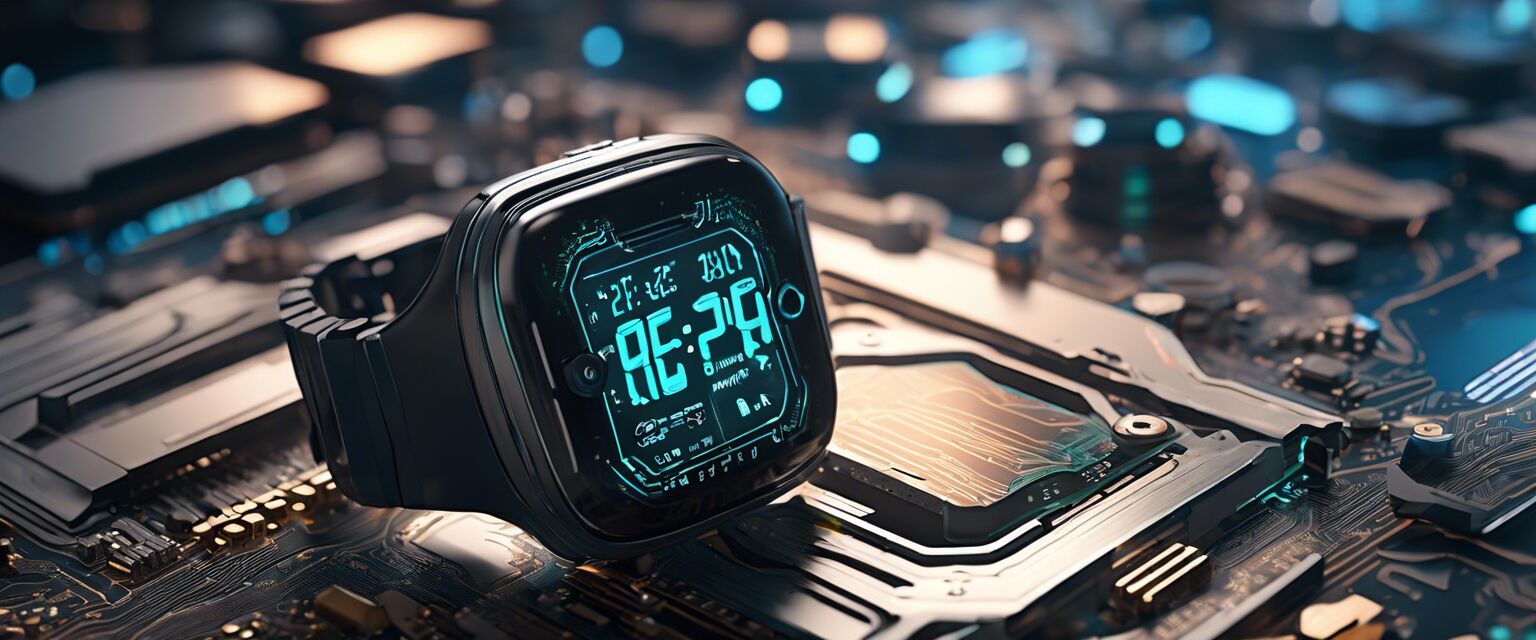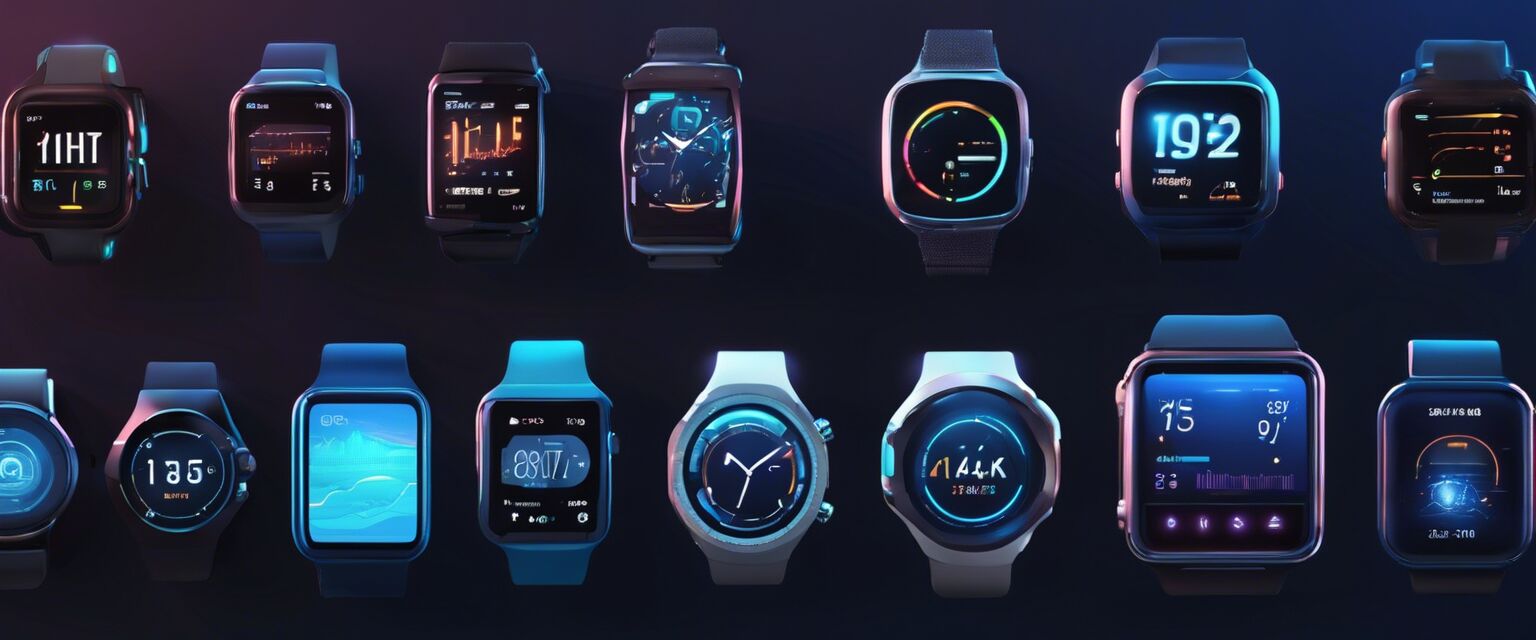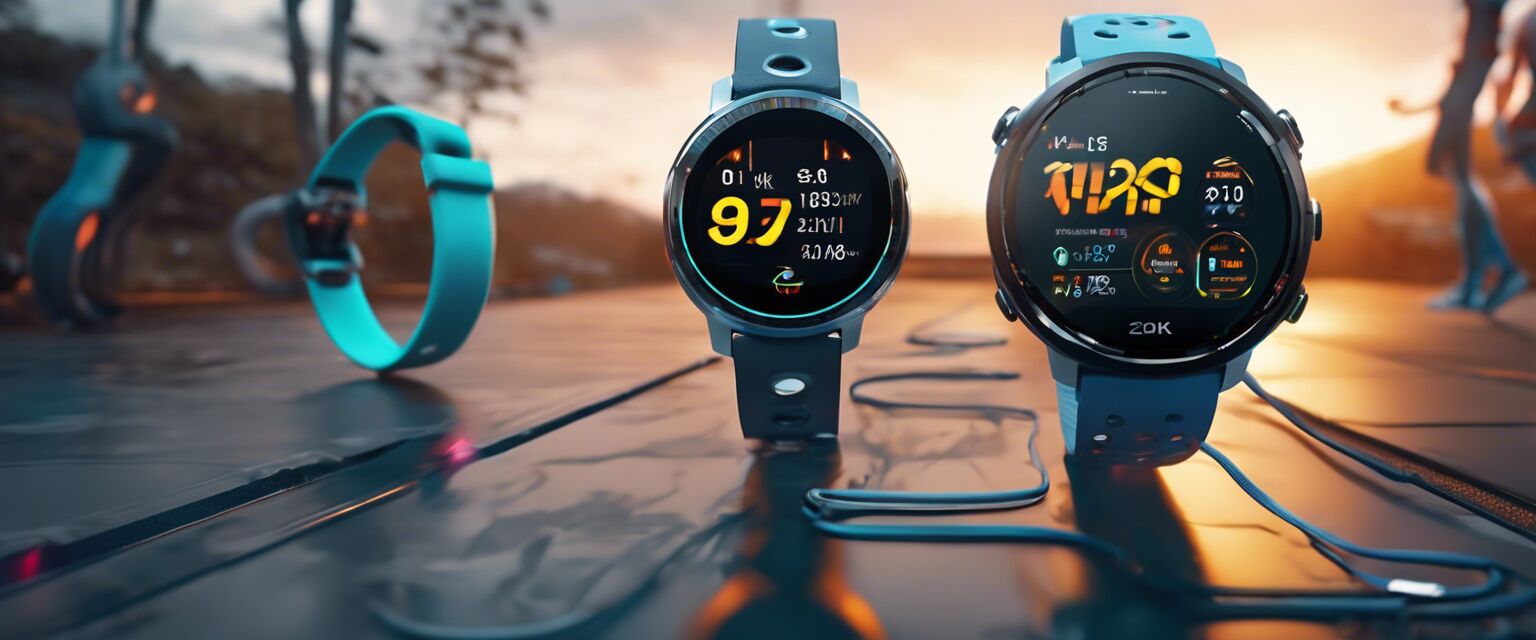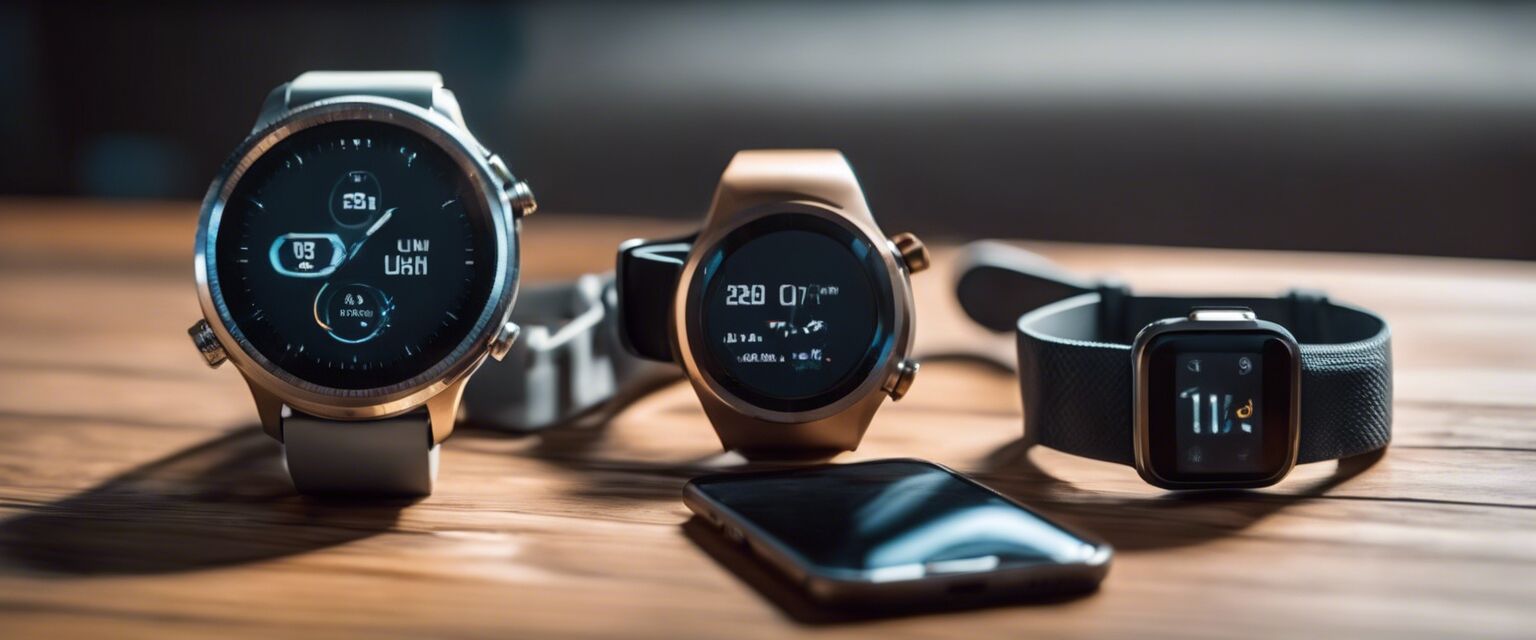
Health Monitoring Devices
Key Takeaways
- Health monitoring devices help track vital health metrics.
- Popular metrics include heart rate, sleep quality, and activity levels.
- These devices come in various forms such as wearables, smart scales, and specialized monitors.
- Choosing the right device depends on individual health goals and needs.
In today's technology-driven world, health monitoring devices have become essential tools for more individuals who wish to keep track of their health metrics. From tracking step counts and heart rate to monitoring sleep patterns, these devices can provide valuable insights into our daily health and overall well-being. This article delves into the different types of health monitoring devices available, their benefits, and how to choose the right one for your needs.
What are health monitoring devices?
Health monitoring devices are electronic gadgets designed to collect, analyze, and report data about various aspects of a personâs health. These devices often include sensors that gather physiological data, which can be viewed, analyzed, and interpreted by the user or shared with healthcare professionals.
Types of health monitoring devices
Health monitoring devices can broadly be categorized into several groups. Here are some common types:
| Type of Device | Description |
|---|---|
| Wearable fitness trackers | Devices worn on the body that monitor activity levels, heart rate, and more. |
| Smartwatches | Multifunctional devices that offer fitness tracking as well as smartphone notifications. |
| Health monitoring apps | Mobile applications that track health metrics through connected devices or manually inputted data. |
| Smart scales | Dynamically measure weight while providing additional information like body fat percentage. |
| Dedicated health monitors | Devices for specific metrics like glucose monitors, blood pressure cuffs, and pulse oximeters. |
Benefits of using health monitoring devices
Health monitoring devices come with a multitude of benefits, encouraging users to take charge of their health and fitness. Here are some notable advantages:
- Awareness: Gain insights into your health metrics.
- Motivation: Track your progress toward fitness goals.
- Convenience: Easy data tracking without the need for complex equipment.
- Self-improvement: Identify patterns to improve lifestyle choices.
- Real-time data: Get immediate feedback on your health metrics.
Choosing the right health monitoring device
When selecting a health monitoring device, it's crucial to consider your individual health needs and lifestyle. Here are some key factors to keep in mind:
Tips for choosing the right device
- Define your goals: Know what you want to achieve with the device.
- Compatibility: Ensure it syncs with any other health applications or devices you use.
- Battery life: Look for a device with a long-lasting battery.
- Comfort: It should be comfortable enough for regular use.
- Budget: Consider how much you're willing to spend on the device.

Popular health monitoring devices
Below are some of the most popular categories of health monitoring devices you might consider:
| Device Category | Features |
|---|---|
| Wearable fitness trackers | Track steps, heart rate, calories burned. |
| Smart scales | Measure weight, BMI, body fat percentage. |
| Smartwatches | Integration with smartphone notifications, health apps. |
| Blood pressure monitors | Monitor systolic and diastolic blood pressure readings. |
Limitations of health monitoring devices
Despite their numerous advantages, health monitoring devices do have some limitations that users should consider:
Pros
- User-friendly and easy to carry.
- Promotes proactive health management.
- Offers notifications for timely reminders.
- Connects with mobile health applications.
- Can track a wide range of health metrics.
Cons
- Data accuracy can vary between devices.
- Can be expensive depending on features.
- Requires periodic charging or battery changes.
- May lead to over-reliance on technology.
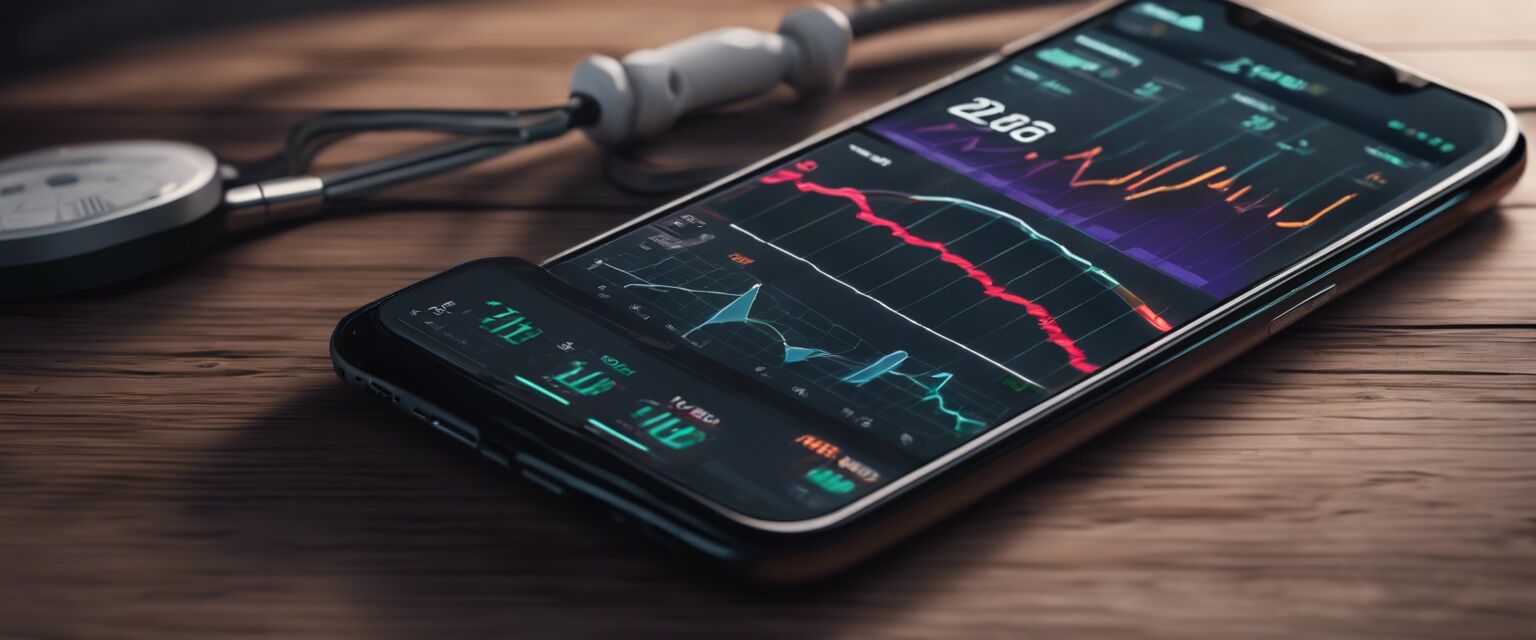
Conclusion
Health monitoring devices have revolutionized the way individuals engage with their health and fitness. By providing real-time data and insights, these tools encourage healthier habits and informed decision-making. When choosing the right device, it's important to assess your goals, lifestyle needs, and budget. With the right health monitoring device, you'll be better positioned to manage your health effectively.
Related Products
- Fitness Trackers - Explore the latest fitness trackers available.
- Health Monitoring Devices - Discover more health monitoring technologies.
- Smart Gym Equipment - Engage in Smart Gym Equipment to enhance workouts.
- Smart Scales - Get insights into body composition with smart scales.
- Smart Watches - Find out how smartwatches can aid in health monitoring.

